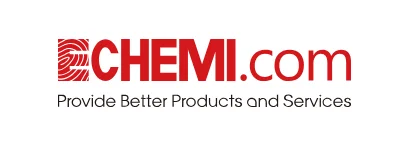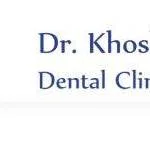In the rapidly growing natural products suppliers industry, certification has become a critical differentiator and a fundamental requirement for suppliers aiming to establish credibility and ensure market access. These third-party verifications provide tangible proof of a supplier's commitment to quality, sustainability, and ethical practices, offering brands and consumers the assurance they need in an often complex and opaque supply chain.
The most recognized certifications address the core pillars of the natural products sector. Organic certification (such as USDA NOP or EU Organic) is foundational, verifying that products are grown and processed without synthetic pesticides, fertilizers, or GMOs. For wild-collected botanicals, FairWild certification is paramount, ensuring that harvesting practices are ecologically sustainable and socially just, protecting both plant populations and the livelihoods of harvesters. To address the critical issue of adulteration, cGMP (current Good Manufacturing Practices) and ISO 17025 accreditations demonstrate that a supplier's facilities and testing laboratories operate under stringent quality control protocols, guaranteeing the identity, purity, and potency of their ingredients.
The process of obtaining and maintaining these certifications is rigorous. It involves detailed documentation of every step in the supply chain, from seed to finished product, and regular on-site audits by accredited bodies. This scrutiny covers everything as soil health and farming methods to processing facility hygiene, worker welfare, and traceability systems. For a supplier, this investment, while significant, is a powerful strategic tool. It mitigates risk for their downstream clients, simplifies the due diligence process, and opens doors to major brands that mandate certified ingredients for their own products.
Ultimately, certification is more than a badge on a website; it is the backbone of trust in the natural products industry. It allows suppliers to transparently communicate their adherence to the highest standards, providing a competitive edge in a market where authenticity is not just valued, but expected. As consumer demand for transparency continues to rise, a robust portfolio of credible certifications is no longer optional—it is essential for any serious natural products supplier.






